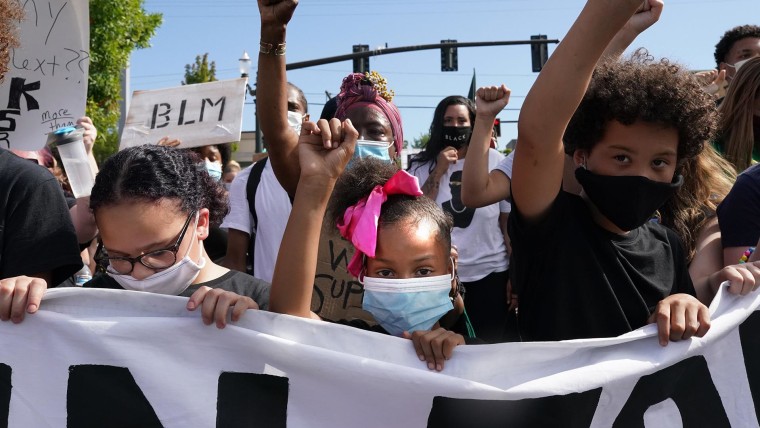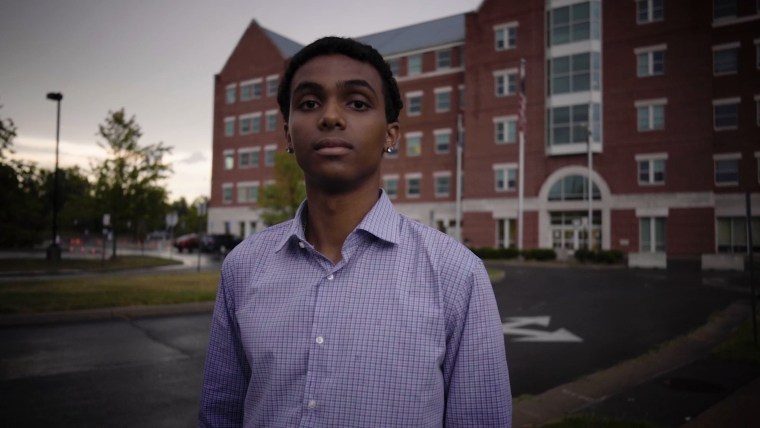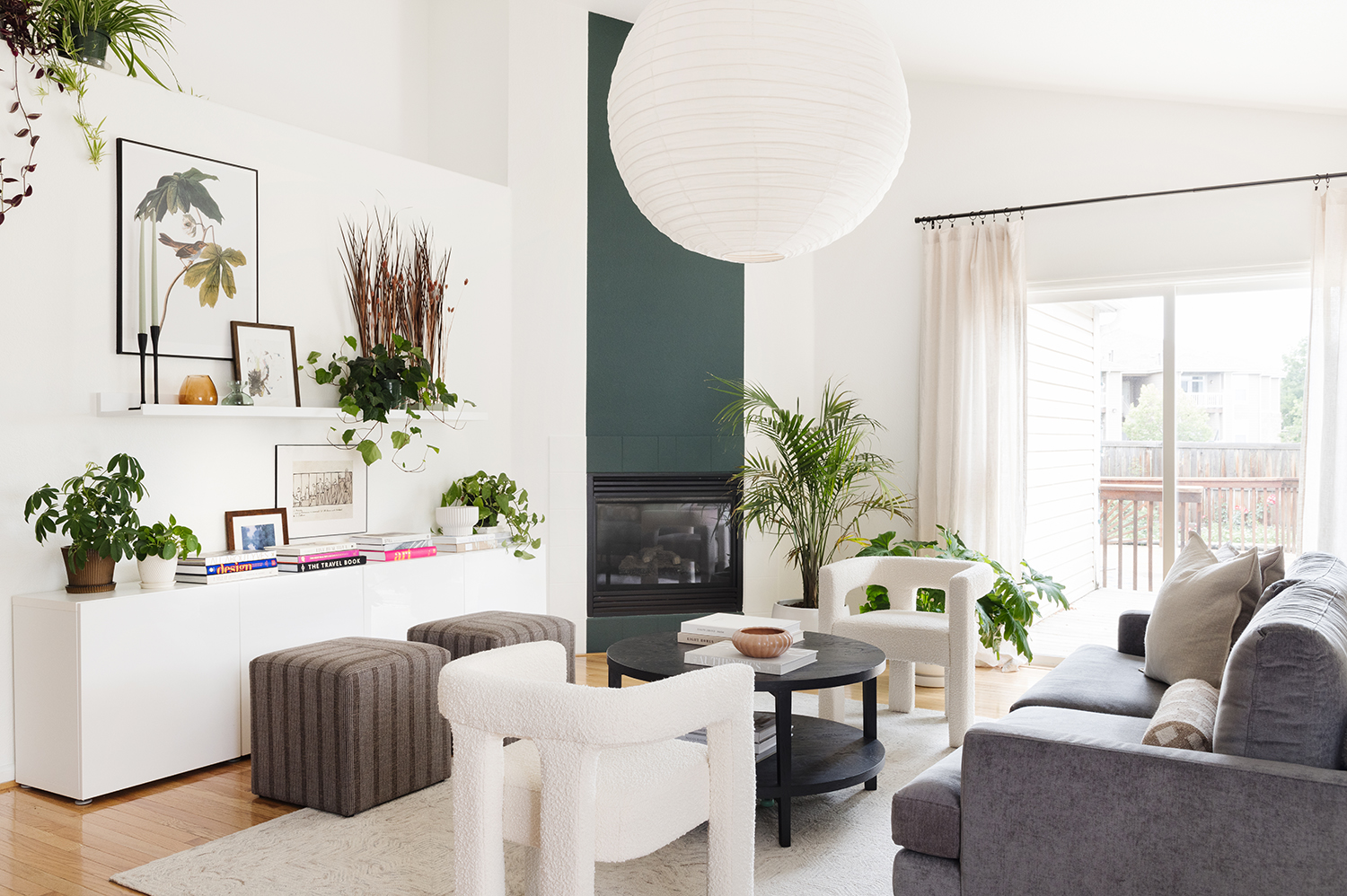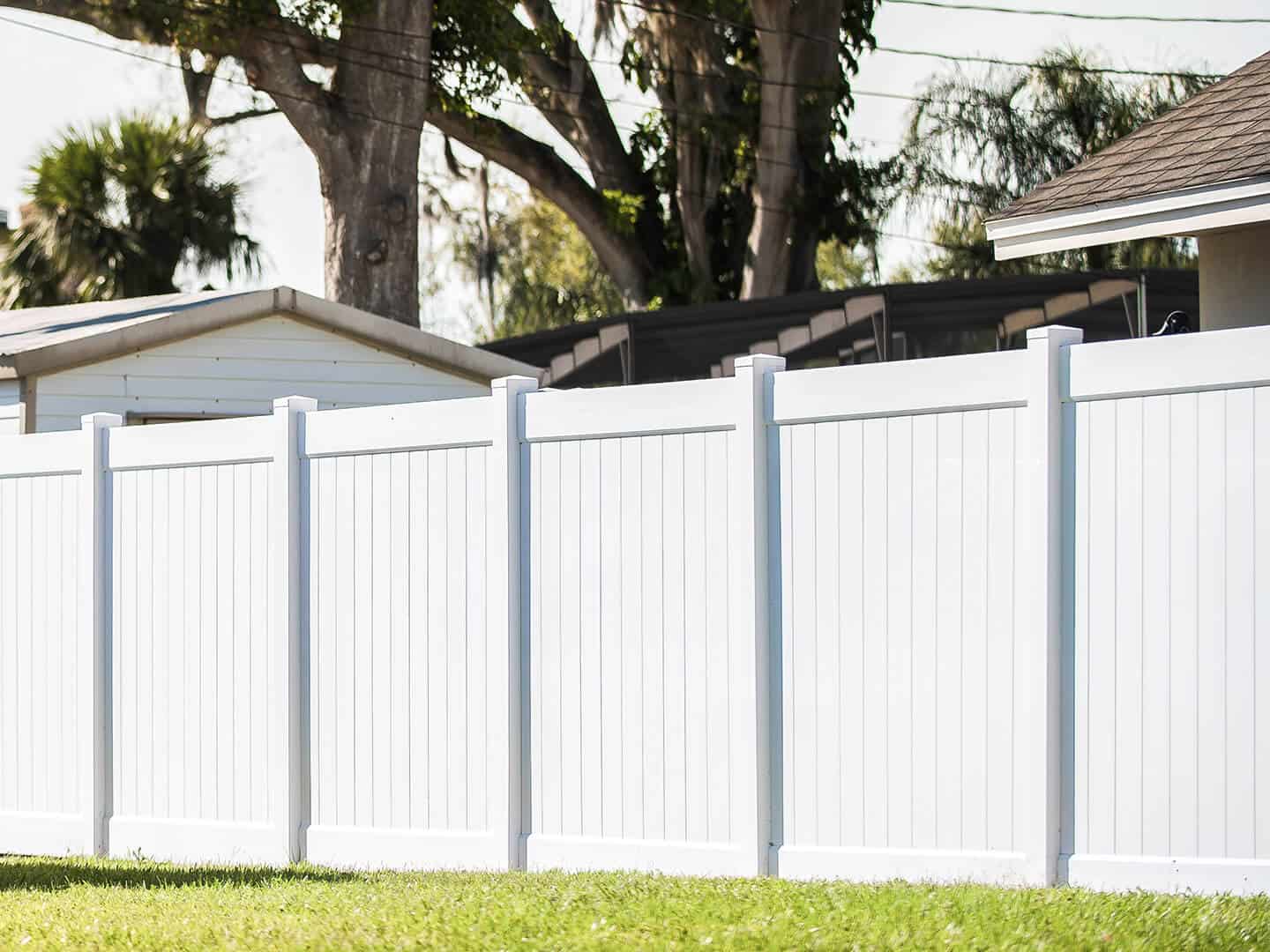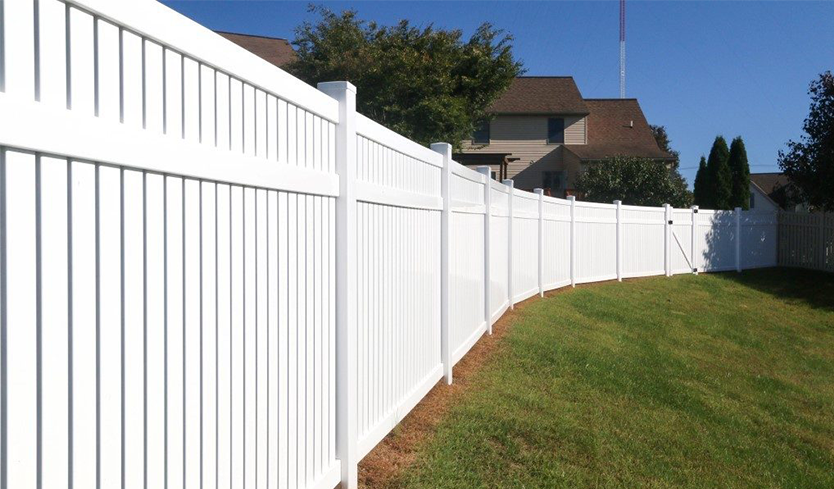Why more Black family members are picking to household-faculty their young children this fall
As faculties start reopening throughout the place, in Chicago, Angela Valentine says her 12-12 months-previous son, Dorian, will not be returning. Alternatively, he will be household-schooled.
“I just started to see some telltale indications that points weren’t performing to our gain,” she stated. “And began to see some discrepancies, some inequities.”
Some of people discrepancies associated her son’s teachers. Valentine mentioned that as Dorian’s grades slipped final yr, just before the coronavirus pandemic shut classrooms, his university unsuccessful to give him sufficient help and solutions for topics in which he was weak. Her son was a person of only a few Black boys in his course, and he reported his social interactions improved more than time. Other learners instantly stopped playing with him. He advised her that he spends recess on the swings by himself.
“We later uncovered out that he was referred to as the N-term,” Valentine said.
Bernita Bradley, an education advocate, explained she has heard very similar tales from moms and dads in her hometown, Detroit.
When Detroit Community Educational institutions shut down in the early phases of the pandemic, she found Black students’ becoming left driving and their parents’ being dismissed by college directors. Students, she said, did not have satisfactory resources, like laptops and Wi-Fi, even though learners in affluent neighborhoods already experienced wanted means. Superintendent Nikolai Vitti said previous 12 months that even with an work to distribute 50,000 laptops and free net provider to college students, the district experienced chronic absenteeism final tumble. About 5 % of the district’s learners experienced broken laptops or did not have Wi-Fi connectivity at house. That led to serious absenteeism — about 30 % of students did not show up at on the web courses.
“Families have been crying out for support,” she mentioned. “All moms and dads kept receiving was ‘Oh, this is a pandemic and be gracious and give us time.’ Not that it was ideal for anybody — it was a complete pandemic — but households just begun tapping out. They have been like, ‘If you will not support me, I’ll do this myself.’”
And they did just that. Bradley became the place of get in touch with for Black parents intrigued in dwelling education. She received a $25,000 schooling grant from VELVA, which cash individuals and systems that are meeting students’ and families’ instructional desires. She then released Engaged Detroit, a home-school co-op that helps Black dad and mom with instructional means.
Bradley also began house-education her 11th grade daughter, who was so frustrated with the local college method that she considered dropping out and finding her superior faculty equivalency diploma.
“I was like, ‘No, you won’t,’” Bradley stated. “‘You won’t drop out simply because other persons are not accommodating you the right way.’”
Her daughter has graduated from substantial faculty and is attending Wayne Point out College.
Nationwide, Black parents are reporting their tough experiences with their little ones in community, private and charter educational facilities, prompting a lot of to reconsider their academic options. Facts demonstrate that, dealing with racism at college, bias from some lecturers and curriculums that mother and father deem insufficient, a lot more Black households than ever are picking out to household-university their young children. Right after a 12 months of virtual or hybrid mastering and the unknowns of a new university calendar year through the pandemic, extra dad and mom see that route as the most effective selection.
Brian Ray, a doctor of science education who started the Countrywide Home Training Investigation Institute, stated that more than the past 15 yrs more Black mother and father have resolved to property-school. In truth, according to an assessment by the group in 2015, Black children manufactured up just 1 percent of dwelling-schoolers throughout the place in the late 1990s. By 2010, the proportion of Black households household-education their little ones just about doubled, to 1.9 p.c. According to a study by the Census Bureau, 3.3 % of Black family members were being home-schooling their little ones in spring 2020 at the beginning of the pandemic, but the determine jumped to 16.1 per cent of Black small children in the drop of 2020.
Ray’s research revealed a substantial difference in educational achievement amid Black home-college college students. In 2015, 140 Black property-education families had been specified standardized assessments. The checks had been in contrast to people of much more than 1,200 Black general public faculty pupils, which showed that Black residence-schoolers scored greater in looking at, language and math. The house-schoolers’ scores ended up also equivalent to or greater than white public university students’ scores, on common.
Ray claimed he was not surprised. “When you put your youngster in an establishment, the everyday living of the youngster and the lifetime of the household start off to revolve close to the institution rather than the education of the little one,” he claimed.
Now, as faculties reopen and students return to faculty, Nationwide Black Household Educators, a nonprofit group, suggests it is planning to satisfy the rising requires of parents and pupils intrigued in dwelling-education.
CEO Joyce Burges mentioned the fascination in her organization was “overwhelming.”
She reported visitors on the organization’s web-site has developed exponentially in current yrs and it operates with more than 700 people directly, compared to just 30 when it started in 2000. The business gives instruments and sources to support mom and dad navigate home education, even though affirming college students by delivering a Black-targeted curriculum.
“We are bringing a Black practical experience,” Burges explained. Black record, literature and culture “should have never ever been remaining out,” she stated, adding: “It should really have in no way been invisible, but an older gentleman told me a long time ago, he mentioned, ‘Joyce, the story’s
going to be informed according to the people today who generate the tale, and Black People — we are crafting this story … so this is the spirit of how we write our curriculum for households, and it’s a wonderful detail.”
Paula Penn-Nabrit documented her household-college working experience in her publications “Morning by Morning” and “As for My Dwelling.” She household-schooled her three sons with her husband, Charles Nabrit, in the 1990s. Their conclusion to household-university came out of necessity just after an incident with her 4-calendar year-previous son, Charles Nabrit Jr., and his preschool instructor. Penn-Nabrit reported that although the family members was dwelling in Jacksonville, Florida, she was named by her son’s trainer to right away choose him up mainly because he was not paying out notice to a Hanukkah lesson. Penn-Nabrit realized that the teacher slapped Charles on the hand.
“He is 41 yrs old now, but when I consider about it now, I get upset all about all over again,” Penn-Nabrit stated. “She slapped my youngster.”
Black students are far more continuously punished in colleges and are specified a lot more significant punishments in comparison to white pupils who violate the exact principles, according to the Training Department’s Business office for Civil Rights. Even amongst the youngest learners, nearly 50 % of preschool little ones who are suspended more than when are Black.
The trainer did not apologize, and the faculty did not reprimand her. Rather, Penn-Nabrit mentioned, the teacher called her son the “most obnoxious human ever.”
When Penn-Nabrit claimed dwelling-schooling will come with troubles, her sons went on to attend Ivy league faculties.
“Being house-schooled was a authentic challenge for our spouse and children in the ’90s,” her son Damon Nabrit stated. “We argued about the efficacy of this journey with our mother and father nearly every working day. On the other hand, this encounter presented a distinct educational route that well prepared us not just for potential educational rigor but, possibly more importantly, to turn out to be Black gentlemen who had been confident in ourselves when present in a position that had very little to no self-assurance in us.”
Dr. Myiesha Taylor, the genuine-life inspiration driving Disney’s Doc McStuffins, residence-schooled her a few young children, as very well.
Taylor’s son, who is just 15, is finding his master’s diploma in business enterprise administration at Tarleton State University in Texas her daughter entered Southern Methodist College Law University at 16 and her youngest, who is 13, is a sophomore at Texas Women’s College.
“I imagine that as Black dad and mom or dad and mom of Black kids, we have a way of thinking that home college is not for us or it is strange or maybe it is Christian conservative — racist,” she mentioned, “but I believe that it gives an option to explore a diverse system of educating our youngsters that probably Black mothers and fathers didn’t consider.”
Taylor, an emergency space medical professional, stated her little ones are standard kids who simply experienced tailor-made educations. She offers information in her e book, “The Homeschool Alternative: Incorporating the Homeschool Attitude for the Profit of Black Young children in The usa.”
“We fought so extensive to be built-in and sit shoulder to shoulder with white learners, and it is such a badge of honor to our ancestors to be equipped to have this possibility,” she reported, but to then “throw it away,” as some may perceive it, could go “against what some people feel like what we really should be performing as Black folks.”
Nonetheless, Taylor sees household education as a way to unlock the possible that classic educational facilities often fall short to prolong to Black kids.
“When the predominantly white feminine instructor workforce tells you more than and around all over again how they really do not believe that in your kid, without saying individuals terms, maybe they discipline them a lot more, they don’t fully grasp them, they adulterize them, the curriculum erases them, it is not affirming, the kid doesn’t leave that ecosystem experience empowered — the microaggressions, the low-critical and high-essential bullying, the overt and covert racism — all that stuff our children deal with.”
However, some parents and educators criticize residence education. For illustration, very last year in the Arizona Regulation Evaluate, Harvard legislation professor Elizabeth Bartholet warned that a “lack of regulation in the homeschooling program poses a risk to youngsters and society.” Nonetheless, advocates like Taylor stated dwelling education, if carried out with deliberation, can enable mothers and fathers to enable their children access their total prospective.
“I think that we just defer all of this electricity that we have and impact that we have more than our baby, and building them up and forming the variation of by themselves in the world — we outsource that,” Taylor said. “That does not even make any sense. We outsource it. Mothers and fathers are kind of at a decline, and they don’t even look at the point that they have far more management than they notice.”
Follow NBCBLK on Facebook, Twitter and Instagram.
CORRECTION (Sept. 2, 2021, 12:55 p.m. ET): A former variation of this post misstated the previous names of a person of the families who household-schooled their little ones. The girl who documented her expertise in two textbooks is Paula Penn-Nabrit, not Paula Penn. Her spouse is Charles Nabrit, and their son is Damon Nabrit their last title is not Penn.

